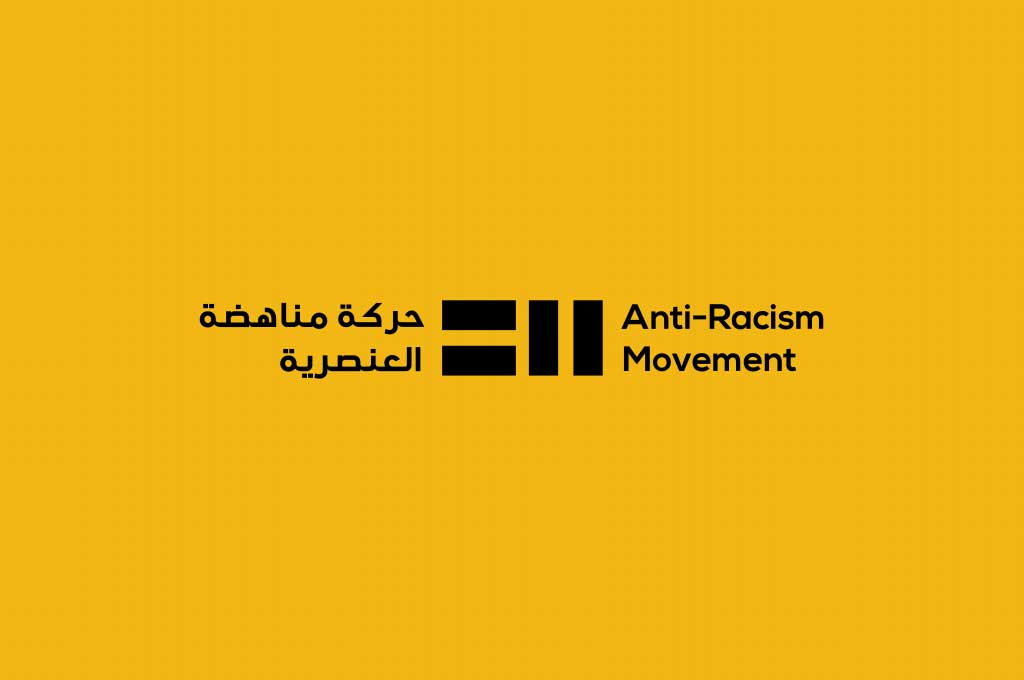Being Dark Skinned in Beirut
Lebanon deports migrant workers’ children, tearing families apart
05/09/2015
News
Ten nongovernmental human rights organisations working in Lebanon issued a statement on Wednesday saying that under a new directive issued by General Security, Lebanon’s security agency in charge of foreigners’ entry and residency, government authorities are “expelling locally born children of migrant workers and in some cases their mothers”.
Published by Human Rights Watch, the statement asserted that security services denying “residency permit renewals for a number of low-wage migrants who have had children in Lebanon and for their children disproportionately interferes with the right to family life”.
“Under General Security’s new directive some families are being torn apart while others are apparently being denied their livelihoods simply because they’ve had children in Lebanon,” said Nadim Houry, Middle East and North Africa deputy director at Human Rights Watch. “The Lebanese authorities have not given any justification for this new policy and should immediately revoke this directive as it interferes with the right to family life.”
The statement explained that while “under Lebanese residency regulations, certain categories of low-wage migrants, particularly domestic workers, are not allowed to sponsor residency for their spouses or children,” in the past, “Lebanon-born children of the migrants could apply for yearlong residency up until age four and then could apply for residency if they enrolled in school.” However, this no longer seems to be the case.
The new directive was apparently adopted in January 2014, and means that children are now being separated from their families and deported to a country where they have “have few or no ties to.” Meanwhile, “many do not speak their parents’ native tongue, making the potential for successful integration in schools back home very difficult.”
The statement described the situation for one 13-year-old Sri Lankan boy, who was born in Lebanon and had lived there his entire life. Both he and “his mother were issued deportation notices by General Security in June, even though the boy was enrolled in school. His father, also from Sri Lanka, was not expelled from Lebanon.”
The statement noted that, “Most of the migrants who reported the problem have lived in Lebanon for more than a decade. All had given birth in Lebanon since moving there to work.” None previously had any problem getting residency permits for themselves or their children.
Many of these migrants come from Bangladesh, Sri Lanka, the Philippines, Ghana, South Sudan, and Madagascar. It is unclear how many families have been affected.
The ten rights organisations called upon the Lebanese government to comply with its international obligations by ensuring that General Security takes into consideration the family interests of those involved before rejecting the renewal of residency for workers or their children or considering their expulsion, adding that: “The government should also ratify the International Convention on the Protection of the Rights of All Migrant Workers and Members of Their Families to safeguard the rights of migrants in Lebanon.”
Tags :
Have Any Questions?
To inquire about this statement and the context, email us or fill the form.
Join Our Newsletter
At the Anti-Racism Movement (ARM), we are constantly working on a multitude of different activities and initiatives. Most of our activities are only possible with the help of dedicated and passionate volunteers who work in collaboration with our core team.
The Anti-Racism Movement (ARM) was launched in 2010 as a grassroots collective by young Lebanese feminist activists in collaboration with migrant workers and migrant domestic workers.
Quick Links
Useful Links
This work is licensed under a Creative Commons Attribution 4.0 International License.
Developed by CONCAT
